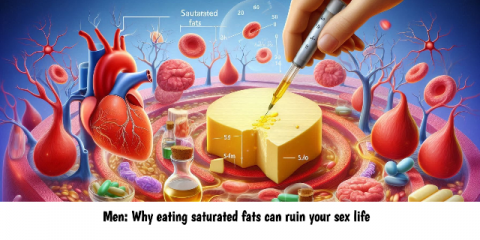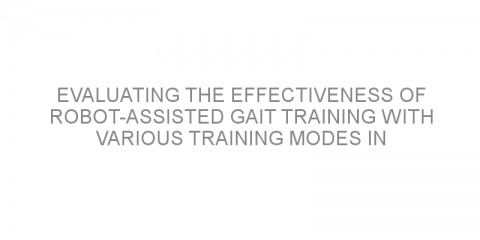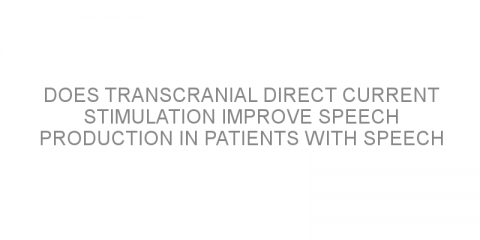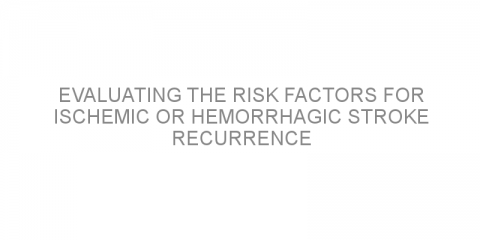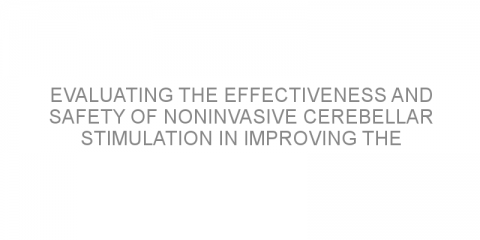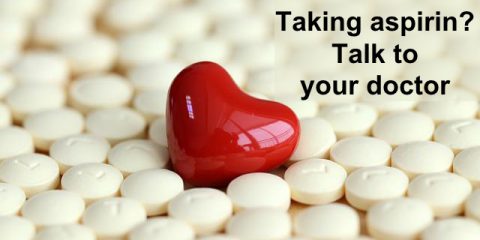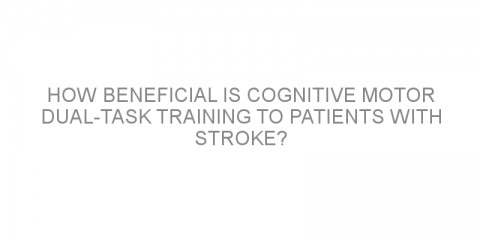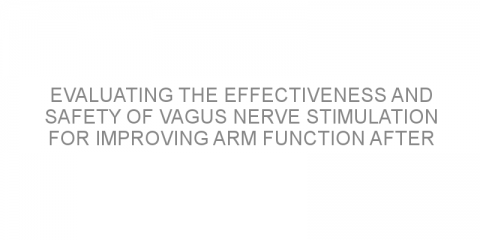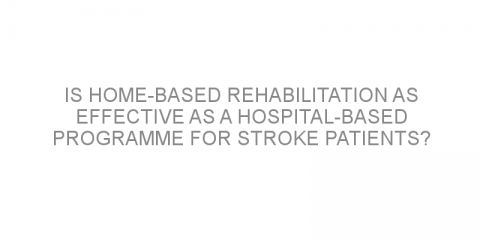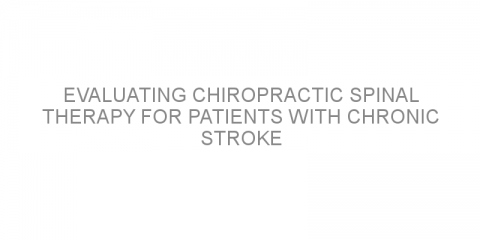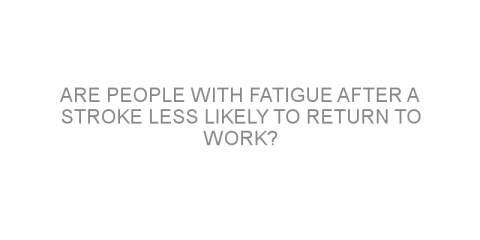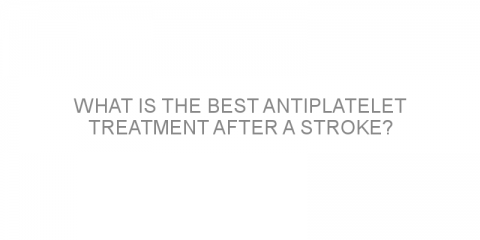How can what you eat affect your sex life? It all has to do with your arteries. According to the National Institute of Diabetes and Digestive Kidney Diseases (NIDDK), Erectile Dysfunction is “a condition in which you are unable to get or keep an erection firm enough for satisfactory sexual intercourse.”[1] A key factor in an erection is...
Read MoreStroke Posts on Medivizor
Evaluating the effectiveness of robot-assisted gait training with various training modes in improving the balance and walking function of patients with stroke.
In a nutshell This study evaluated the effectiveness of robot-assisted gait training with various training modes in improving the balance and walking function of patients with stroke. The data showed that robot-assisted gait training with various training modes significantly improved balance, walking function, and lower limb strength compared to...
Read MoreDoes transcranial direct current stimulation improve speech production in patients with speech impairment after stroke?
In a nutshell This study evaluated the effectiveness of transcranial direct current stimulation (tDCS) on speech intelligibility, and speech-related physiological and vocal functions in dysarthric (speech impairment) patients after stroke. The data showed that tDCS enhanced the effects of traditional speech therapy in these patients. Some...
Read MoreEvaluating the risk factors for ischemic or hemorrhagic stroke recurrence
In a nutshell This study investigated the risk factors for ischemic or hemorrhagic stroke recurrence and the impact of antiplatelet therapy in patients with intracranial hemorrhage (ICH; brain bleed). The data showed that the risk of stroke recurrence is high in these patients. Hypertension (high blood pressure) is a risk factor for ischemic and...
Read MoreEvaluating the effectiveness and safety of noninvasive cerebellar stimulation in improving the balance and walking function of patients with stroke.
In a nutshell This study evaluated the effectiveness and safety of noninvasive cerebellar stimulation (NICS) in improving the balance and walking function of patients with stroke. The data showed that NICS improved the balance and walking function in these patients. Some background A stroke is caused by a reduction in blood flow to the...
Read MoreTaking daily aspirin? Talk to your doctor.
Do you take a dose of baby aspirin once a day? Are you doing this under doctor’s orders or just because you heard it prevented heart attack or stroke? There is growing evidence against taking a low-dose aspirin daily for preventing cardiovascular events. But many well-intentioned people still take daily aspirin. A 2019 report by Harvard...
Read MoreHow beneficial is cognitive motor dual-task training to patients with stroke?
In a nutshell This study analyzed the impact of cognitive-motor dual-task training (CMDT) on patients with chronic stroke. The authors concluded that CMDT had beneficial effects on balance ability, gait, and upper limb function in patients with chronic stroke. Some background A stroke involves an interruption or slowing of blood flow and oxygen to the...
Read MoreEvaluating the effectiveness and safety of vagus nerve stimulation for improving arm function after ischemic stroke.
In a nutshell This study evaluated the effectiveness and safety of vagus nerve stimulation (VNS) for improving upper limb function in patients after ischemic stroke. The data showed that VNS was safe and improved upper limb function in these patients. Some background An ischemic stroke happens when blood flow through the blood vessels that supply...
Read MoreIs home-based rehabilitation as effective as a hospital-based programme for stroke patients?
In a nutshell This study compared home-based rehabilitation with hospital-based rehabilitation after a stroke. It found that both programs improved balance and walking in these patients. Some background One of the most important treatments for patients who have had a stroke is rehabilitation. Rehabilitation enables patients to...
Read MoreEvaluating chiropractic spinal therapy for patients with chronic stroke
In a nutshell This study investigated whether chiropractic spinal therapy helped improve movement in patients who had a stroke. This study found that this therapy combined with physical therapy (PT) greatly improved motor function for these patients. Some background Ischemic stroke occurs when an artery leading to the brain is blocked or narrowed...
Read MoreAre people with fatigue after a stroke less likely to return to work?
In a nutshell This study looked at self-reported levels of fatigue in young stroke survivors 3,6 and 12 months after finishing rehabilitation. It found that patients with higher levels of fatigue were less likely to return to work up to 1 year after a stroke. Some background A stroke can affect many of the functions of the body. In...
Read MoreWhat is the best antiplatelet treatment after a stroke?
In a nutshell This review compared using two antiplatelet medications to aspirin (Bayer) alone following a stroke. It found that dual antiplatelet therapy (DAPT) reduced the risk of a second stroke, but led to more bleeding. Some background Stroke is a leading health challenge in developed countries. A stroke occurs when an area of the brain is...
Read More
